11 reasons for freezing of air conditioner pipes of the external unit
On hot summer days, air conditioners become indispensable saviors that provide comfortable, cool air in homes and offices. But there are also unpleasant problems associated with the operation of this technology.People often complain that the air conditioner pipes of the outdoor unit are frozen. They are literally covered in ice. We need to figure out what causes this problem and how to prevent it.
The content of the article:
The main causes of freezing
Freezing of air conditioner pipes occurs for various reasons: from improper installation and inappropriate system sizes to poor maintenance of the device. Incorrectly installed tubes allow air with high humidity to enter, causing condensation and ice formation.
Insufficient air circulation can also allow moisture to accumulate and freeze. Each of the reasons why air conditioner pipes freeze will be studied in detail below.
We read: Air conditioning and split system - what's the difference?
Long air conditioner route
Thick and thin air conditioner pipes can freeze due to the presence of a long route between the indoor and outdoor units of the system. An error is made during the installation of the device. A route that is too long creates problems with the circulation of cold gas, which leads to a decrease in pressure and temperature in the system. When temperatures drop, moisture in the air condenses, forming ice deposits on the surfaces of the tubes, which freeze over.
The longer the route, the greater the likelihood of freezing. This is due to the increased distance that the cold gas must travel before returning back to the compressor.In the process of passing through a long route, the gas loses heat, the pressure becomes low, which leads to condensation, so the tubes begin to freeze.
To avoid problems, several factors should be taken into account when installing the air conditioner:
- The first point is choosing the required diameter of the tubes for the route. An option that is too narrow can create additional resistance, which impairs refrigerant circulation. But tubes that are too wide lead to heat loss over a larger distance along the route. Correct calculation of their diameters and taking into account the characteristics of a particular installation will help reduce the risk of freezing.
- It is important to properly isolate a long route. The insulation helps keep the coolant warm, preventing it from cooling too quickly as it travels along the route. This also reduces the risk of condensation, so the surface of the tubes will not freeze.
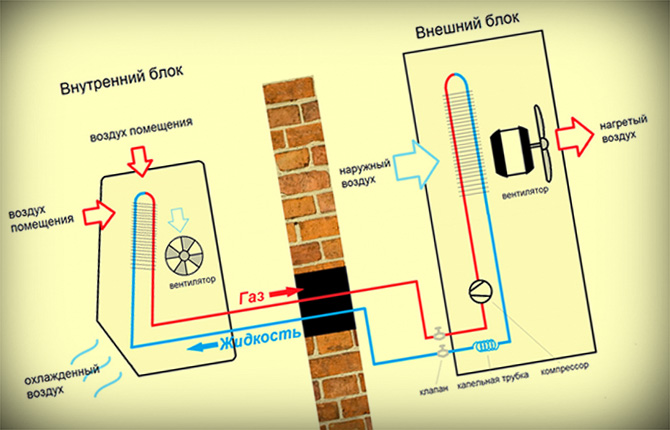
Gas valve problem
Sometimes air conditioner pipes freeze due to a problem with the gas valve. It is a key component of the air conditioning system that regulates the flow of refrigerant. The gas valve may begin to function poorly. This leads to improper refrigerant distribution and uneven cooling of the tubes.
One of the main causes of gas valve problems is that it is clogged or not working properly. Dust, dirt or other impurities accumulate in the split system. This interferes with the normal movement of the refrigerant, leading to its improper distribution through the pipes.
Problems with the gas valve also arise due to its malfunction. Valve failure and gas leakage may occur.This may result in insufficient refrigerant flow into the system. It begins to overcool, and the pipes begin to freeze.
To solve the problem with the gas valve, it is recommended to carry out regular maintenance of the air conditioning system. It is necessary to periodically check and clean the air conditioner.
It is better to contact professional services if the pipes freeze. If any faults are found, the gas valve may need to be repaired or replaced.
Large height difference between air conditioning units
If the height between units varies significantly, this creates problems with refrigerant circulation. As a result, thin or thick pipes also begin to freeze.
If the vertical distance between units is too large, it may result in insufficient refrigerant flow from the outdoor unit to the indoor unit. As a result, it begins to accumulate in the upper part of the system, and its deficiency forms at the bottom. This leads to uneven cooling and subcooling of the refrigerant in the pipes, which contributes to the formation of frost.
Expert advice:
- It is important to correctly calculate the length and diameter of the tubes, taking into account the installation features and the height difference between the blocks. It is necessary to ensure that the route is installed at the optimal slope to ensure normal movement of refrigerant in the system.
- One effective solution is to use a lift pump, which helps bridge the height differences between units. It allows you to actively pump refrigerant from a low-mounted unit to a high-located one, ensuring its even distribution.
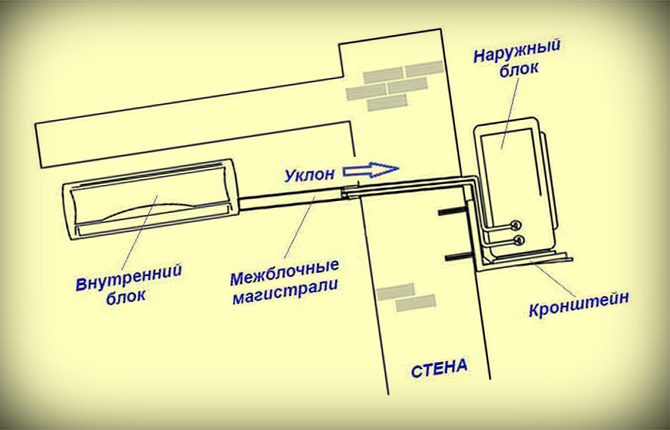
Dirty filters
If the fluid filters in the system become dirty, the pipes may begin to freeze. They clean the air conditioner from dust, dirt and other impurities from the incoming air, preventing their penetration into the air conditioning system. If filters are not cleaned regularly or are not replaced promptly, they can cause freezing problems.
If this element is dirty, it limits the flow of fresh air into the system and impairs its circulation inside the room. This leads to a decrease in the evaporation temperature of the refrigerant, and it becomes supercooled and the tubes freeze.
To prevent the problem, regular maintenance of the device is recommended. Periodically you need to check and clean the capillary tube. Cleaning is done with chemical solutions or using an air compressor.
Cleaning the filters also helps reduce the load on your air conditioner, improves air quality, and makes the unit run more efficiently overall.
Clogged capillary tube
Another common cause of freezing is a clogged capillary tube. This is a narrow pipe, usually made of copper or aluminum, that plays an important role in regulating the flow of refrigerant into the evaporator. If the capillary tube is clogged or blocked, it may interfere with the normal flow of refrigerant, causing ice to form.
Clogging of this air conditioner element is caused by various factors, including the accumulation of dust, dirt, oil or other impurities.
To prevent the problem, regular maintenance of the device is recommended. Periodically you need to check and clean the capillary tube. Cleaning can be done with special chemical solutions or using an air compressor.
It is important to remember to clean the filters. This will help prevent impurities from entering the capillary tube, maintaining normal refrigerant flow.
In addition to regular maintenance, it is important to monitor the air quality in your home. Dust, smoke, moisture and other contaminants can impair the performance of equipment, which can cause pipes to freeze. Therefore, regular cleaning of the room, maintaining optimal humidity, and ensuring good ventilation will help reduce the risk of clogging.
Water in the air conditioning system
If there is water in the system, the pipes may freeze. Typically, air conditioners remove excess moisture from indoor air. But if water accumulates or becomes trapped in the system, it can cause problems. Often in such a situation, pipes begin to freeze.
There are different reasons for this problem:
- If the drainage system is not functioning properly or is clogged, it can cause water to become trapped in the evaporator or other parts. When the air conditioner is running, this trapped liquid can freeze, especially in the coldest areas.
- Leaks in the device may allow moisture to undetectably enter tubes or other parts. The presence of moisture causes ice to form. Leaks occur if the seal is damaged, cracks appear, etc.
To prevent pipes from freezing due to the presence of water in the air conditioner, it is recommended to regularly check and maintain the drainage system, monitor for possible leaks and contact specialists to repair them in a timely manner.
High levels of indoor humidity can cause condensation to form. Regular ventilation and the use of dehumidifiers can help reduce these indicators and reduce the load on the air conditioning system.
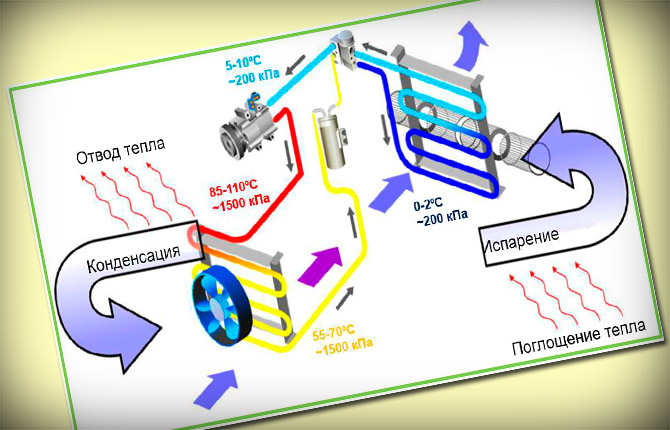
Block Pollution
Air conditioner pipes may freeze due to contamination of the units. These are the evaporator and condenser. These elements play an important role in the circulation and recycling of the refrigerant. If these units are contaminated with dust or deposits have formed, this can lead to disruption of normal heat transfer, insufficient cooling of the refrigerant, which, in turn, causes ice to form on the pipes.
Block contamination can occur for various reasons. If air filters are not regularly cleaned or changed, they accumulate dust and dirt.
It is recommended to regularly check and clean the units to ensure they do not become dirty and the tubes do not freeze. To do this, use a soft brush, vacuum cleaner or air compressor. You need to monitor the condition of the air filters and change or clean them regularly.
It is important to have your air conditioning system professionally serviced. Certified technicians can perform a deeper, more thorough cleaning of your air conditioner units using specialized tools and cleaning products. Therefore, the pipes will not freeze.
Low temperature outside
Often, due to the low temperature outside, the suction pipes begin to freeze. Frost causes moisture in the air to condense on the surface of the pipes and freeze, forming a layer of ice. This occurs because the heat generated by the refrigerant during the cooling process of the air is transferred to the low temperature environment.As a result, the tubes cool and freeze.
To prevent such a problem, you need to monitor weather conditions. If the temperature is expected to drop, it is better to temporarily turn off the air conditioner or use anti-freeze devices. They have additional heating elements or special sensors that regulate the operation of the device in low temperature conditions, providing heating.
In severe frosts, the efficiency of the air conditioner may be reduced. This leads to increased energy consumption and possible breakdown. It is recommended to read the operating instructions. Manufacturers often advise turning off equipment when the temperature drops to certain levels.
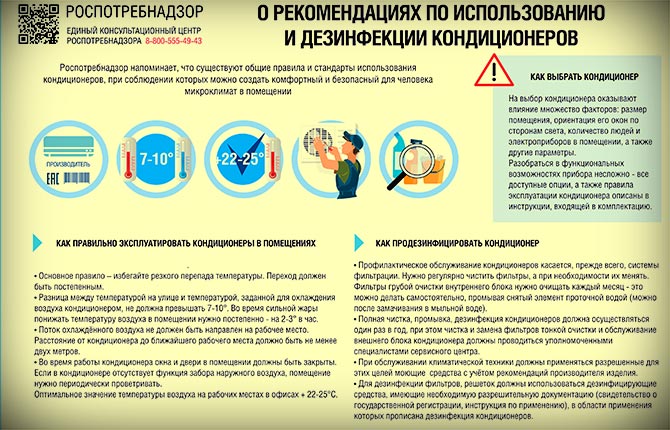
Lots of refrigerant
Excessive refrigerant may be one of the reasons why thick or thin pipes freeze. This substance circulates in the system and is responsible for heat transfer and air cooling. The wrong amount of refrigerant can interfere with the normal operation of the air conditioner, causing the pipes to freeze.
If there is an excess of this substance, excessive cooling occurs, which leads to a decrease in the temperature of the tubes. When it drops below the dew point (the temperature at which moisture in the air condenses), the moisture begins to freeze on the surface of gas pipes, forming a layer of ice.
The reasons for this problem are described in the table.
| Cause | The essence |
| Incorrect filling of the device with refrigerant | If there is more refrigerant in the system than required, it may cause excessive cooling and ice formation. |
| A leak | If the system has a leak, some of the refrigerant may escape, which leads to a decrease in pressure, changing the balance of the substance in the air conditioner. When repairing or refilling, it is important to check for leaks. |
To correct a problem that is caused by too much refrigerant, contact a service center or air conditioning technician. They will check, determine the presence of leaks, and correctly refill the system taking into account the recommended standards.
It's better not to ignore the problem. Ice deposits can block the tubes, limiting refrigerant circulation, causing the compressor to overheat, which can lead to compressor failure.
Not recommended add refrigerant to the system yourself, as this requires special knowledge and equipment. It's better to go to specialists.
Low refrigerant
If the amount of refrigerant is low, the pipes may also freeze. The problem can arise for various reasons. For example, a leak may occur during installation or maintenance of the device. As a result, some of the refrigerant leaves the system. This can happen if there are bad seals or cracks. A lack of refrigerant is often associated with improper charging.
If the level of this substance is low, the cold in the system is unevenly distributed. Some areas of the tubes may become too cold and begin to freeze. Freezing leads to deterioration in equipment performance, restriction of air flow, and damage to the compressor.
The system must be checked regularly for leaks and the refrigerant charge level must be maintained at an optimal level.
Refilling the air conditioner with this substance is a complex procedure. To carry it out, special equipment and knowledge are required. Therefore, you should entrust this work to the masters.
Signs of insufficient refrigerant may include poor room cooling, increased noise, or frequent compressor cycling.
Air conditioner pipes jammed
A clogged air conditioner pipe is one of the reasons why the system freezes. Refrigerant circulates through them. They must be installed to ensure a smooth and continuous flow of this substance. But sometimes during installation, transportation or maintenance, the tubes can be incorrectly laid or skewed, which leads to kinks.
As a result, narrow areas are created. This leads to a decrease in the volume of circulating refrigerant and disruption of the uniform distribution of cold in the system. As a result, ice plugs form and pipes begin to freeze.
Frosting due to creases has a number of negative consequences. This reduces the efficiency of the air conditioning system. The resulting ice plugs lead to an increase in pressure, which can damage equipment elements.
To prevent the tubes from freezing due to creases, it is important to ensure the correct installation and laying of the structure. Mechanical damage should be avoided and the device should be serviced with care.
If you find any kinks in the pipes, it is recommended to contact a specialist to fix them. They will be able to inspect, determine the location of the cracks and take measures to correct them.
If the problem is too severe, damaged tubes may need to be replaced.
Sometimes it’s hard to figure out why your air conditioner freezes. There are many reasons for this problem, so contact the experts. To prevent pipes from freezing and ensure efficient operation of equipment, it is recommended to regularly maintain the system, check the level and condition of the refrigerant, clean and replace filters. Early detection of the problem will help avoid serious damage and extend the life of the equipment.
We also read: Air conditioning or split system - which is better?
If you have personal experience when air conditioner pipes froze, share it in the comments. How did you solve the problem? Bookmark this article to come back to in the future and share it with your friends.
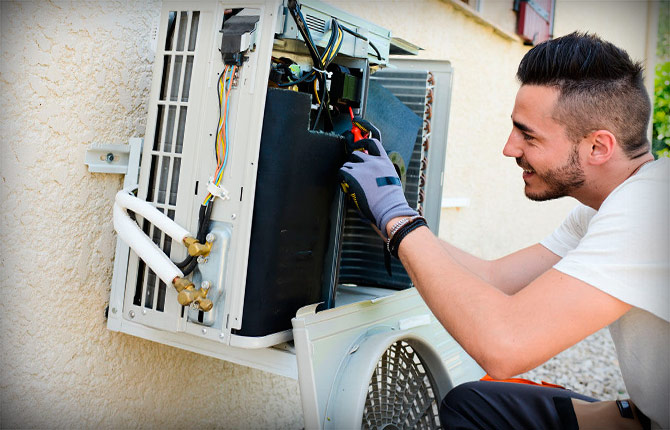
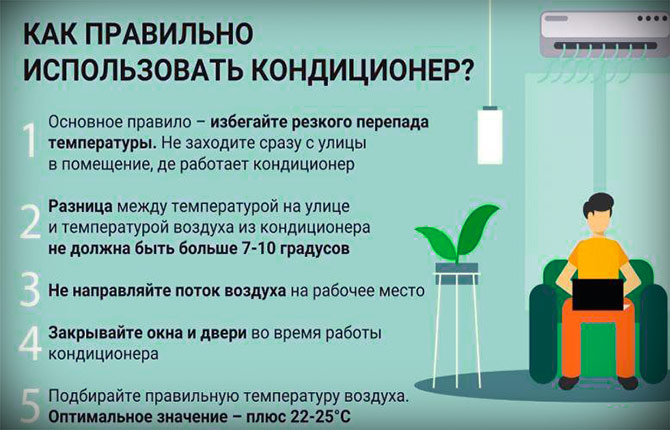

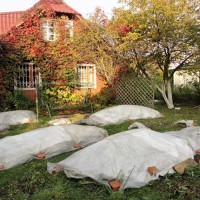


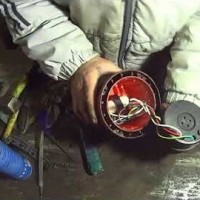
Air conditioning is an indispensable thing in the hot season. But recently I encountered a problem that came as a real surprise. I discovered that my air conditioner pipes were completely frozen. At first, I decided to try to figure it out on my own, since I always strive to find a solution to the problem on my own. After reading some online instructions, I made an attempt to solve the problem using simple methods. Despite all my efforts, the situation only got worse. Concerns about the operation of the air conditioner and possible damage forced me to contact the service center. The technicians immediately got to work and carried out a thorough diagnosis of the air conditioner. It turned out that the main cause of freezing was accumulated dust in the air conditioning system. The air conditioner was thoroughly cleaned and flushed.The problem with freezing of air conditioner pipes was completely resolved.
I am well aware that sometimes it is better to entrust repairs to specialists, especially when it comes to equipment. I recently had a problem with my air conditioner pipes freezing. I decided not to risk it and contacted the service center. I preferred to trust experienced craftsmen who have all the necessary tools and knowledge.
Recently I encountered a problem with pipes freezing. It should be noted that the masters I contacted turned out to be true professionals in their field. They arrived promptly, inspected the air conditioner and identified the cause of the freezing. Now my air conditioner works flawlessly. An important lesson I learned from this experience is to regularly maintain your equipment. I didn't pay enough attention to this before. But now I understand that proper maintenance can prevent many problems. Now I try to remember to periodically check and clean the air conditioner.